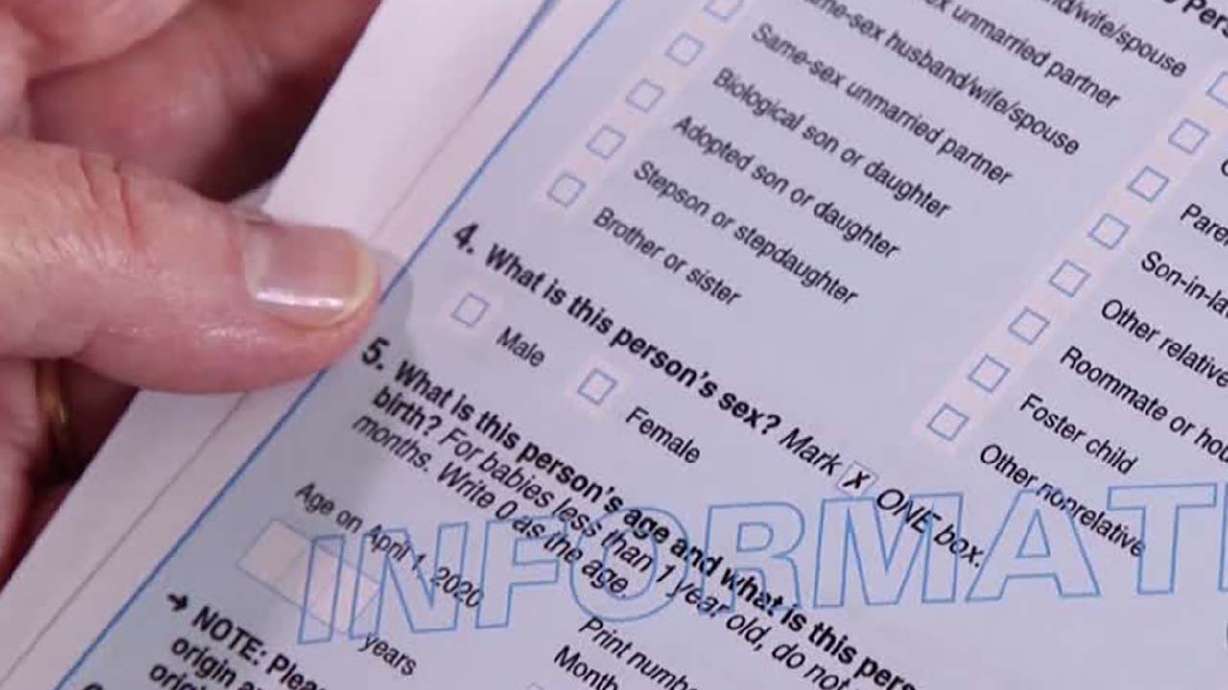Estimated read time: 3-4 minutes
This archived news story is available only for your personal, non-commercial use. Information in the story may be outdated or superseded by additional information. Reading or replaying the story in its archived form does not constitute a republication of the story.
SALT LAKE CITY — An extension of the deadline to complete the 2020 census is giving Utah officials a little more breathing room and a better chance to meet their completion goals that have been hampered by closures brought on by COVID-19.
“So much of what many of our committee members had planned to do was to host events where people could come and meet in person and find out more information about the census: Why it’s important to them; why it helps their community; and how to respond,” said Evan Curtis, the state planning coordinator with Governor’s Office of Management and Budget and member of the state’s Complete Count Committee.
Now, census workers are relying on word of mouth and grassroots efforts to increase responses.
Utahns have until Oct. 31 to self-reply to the census. Normally, those responses are due by the beginning of July, but the COVID-19 pandemic has prompted officials to extend the deadline.
The extension will allow census workers to reach out to more people in order to get a more accurate count, especially in underserved or rural communities.
“There’s a lot of communities who have been historically undercounted since the census began. There’s a lot of reasons for that, but what we’ve kind of learned more recently is there’s a lot of communities who don’t have a really good understanding of what the census is and why it’s so important,” said Marti Woolford, special projects coordinator for the Salt Lake Mayor’s Office for New Americans.
A high rate of census responses is important, officials note, especially for marginalized communities, because it impacts decisions and funding around infrastructure, health care, public safety and education, among others.
“The critical importance of an accurate count has been highlighted by COVID-19 and Utah’s earthquake as public safety uses census data to guide decisions about service areas, fire stations and hospitals,” according to a news release from Brooke Coles, public information officer for Utah Census 2020.
“Utah’s current response rate is at 66.1%, nearly matching the state’s 2010 rate of 68.6%. However, many areas continue to have concerningly low responses, particularly in rural counties and multicultural communities,” Coles said.
Curtis said the state’s goal is to meet and hopefully exceed the 2010 response rate.
“We’re hoping with the extended deadlines we have a few more opportunities to get the word out about the importance of the census,” Curtis said.
Woolford said she is working with local municipalities and community groups to reach immigrant and refugee populations as well as assist senior citizens.
Census data determines the amount of state and federal funding local governments receive and helps determine where to disperse that money.
“Anything you can think about, the census touches in one way or another,” Woolford said.
She said that areas with lower census participation often face problems such as overcrowded and underfunded schools and can even create “food deserts,” areas with limited access to grocery stores.
Reaching rural communities has been difficult, Woolford said, because they don’t have the same access to internet and phone resources like urban areas do and instead rely on paper surveys.
Curtis, Woolford and Coles agreed that the biggest challenge for the census has been the pandemic.
Census bureau workers often use public facilities like schools and libraries to help people navigate the census and get them counted, but the pandemic has forced these institutions to temporarily close.
Curtis said word-of-mouth has been a powerful tool because people are more likely to listen to people they trust.
The door-to-door efforts to get census responses have been temporarily suspended due to the pandemic, Curtis said, but they are looking at starting again in August if public health recommendations permit.
Utahns can complete the census online, by phone or through a paper questionnaire, and the survey is offered in 12 different languages to help bridge the gaps.








